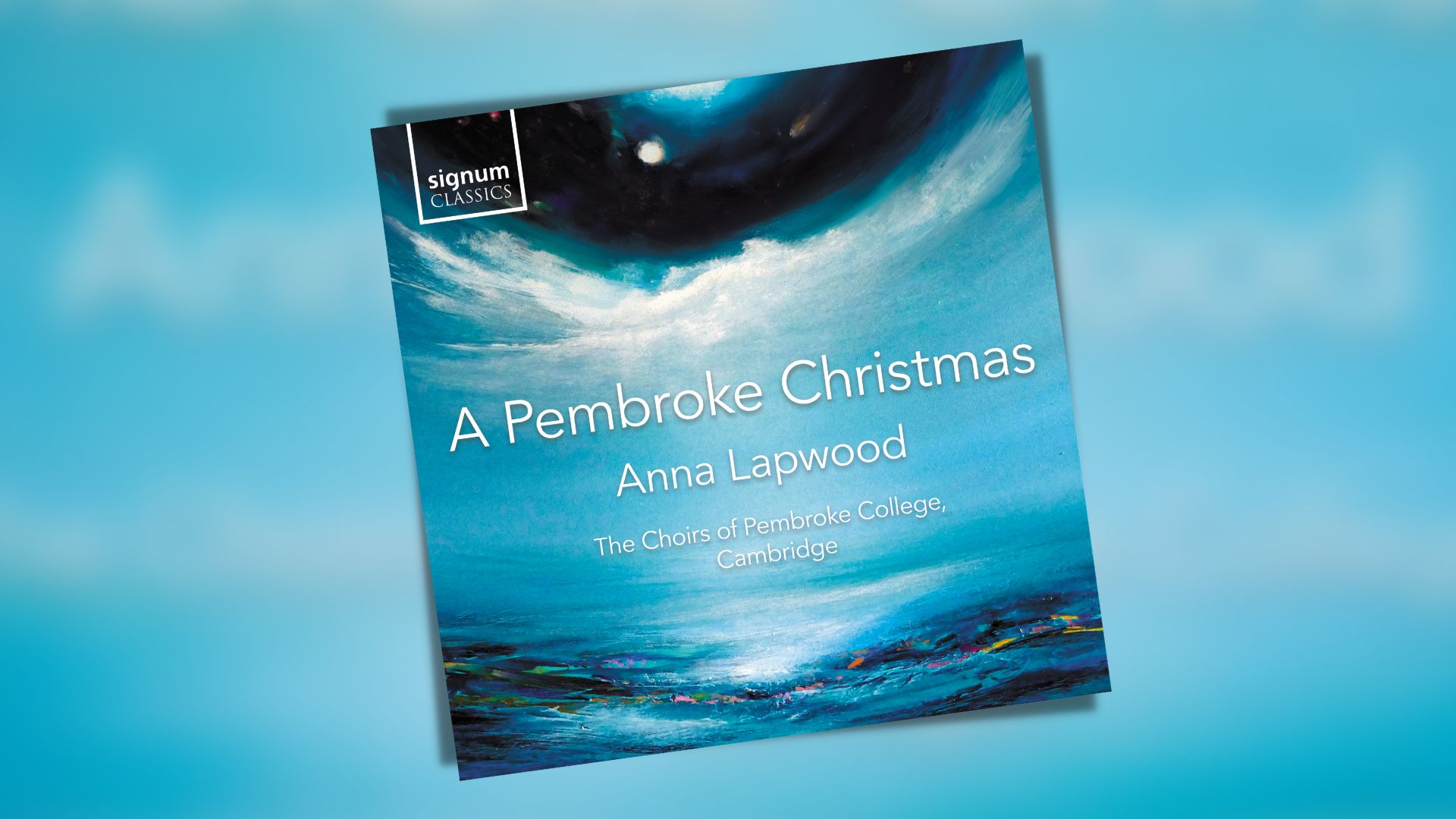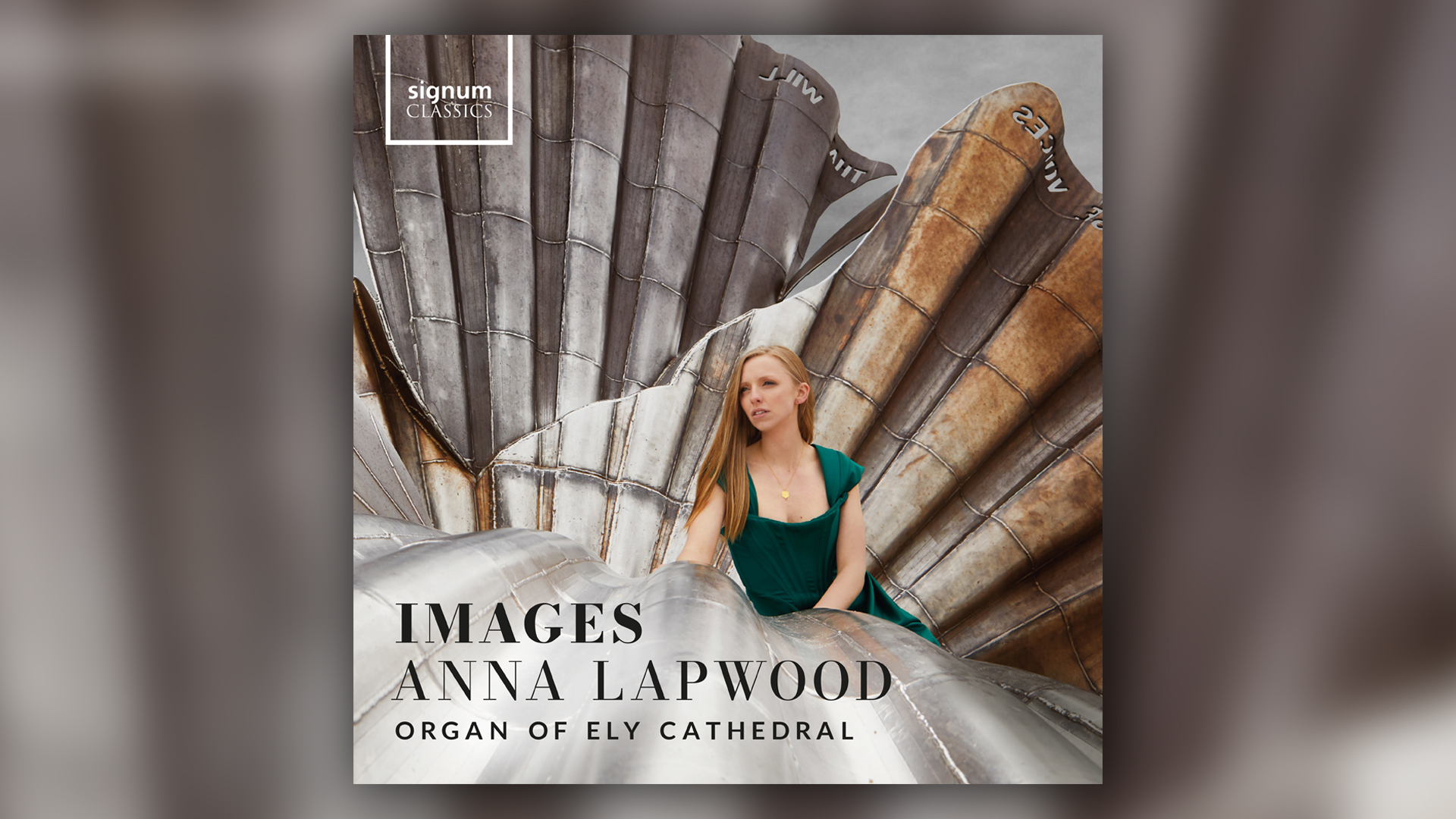Tag: Anna Lapwood
-

Anna Lapwood’s new Christmas release: A Pembroke Christmas
Another piece of music which has come as a complete surprise on my gentle trot through new-ish Christmas music this year is that written by baritone Roderick Williams. It appears on Anna Lapwood and Pembroke College Choir’s Christmas release recorded earlier this year. O Adonai is ten years old, written originally for Ex Cathedra back…
-

Anna Lapwood’s ‘Images’ released on Signum on 3 September
The multi-talented Anna Lapwood has a great many creative avenues she could follow in the future, which means a considerable range of musical experiences for the rest of us to enjoy in the years to come.